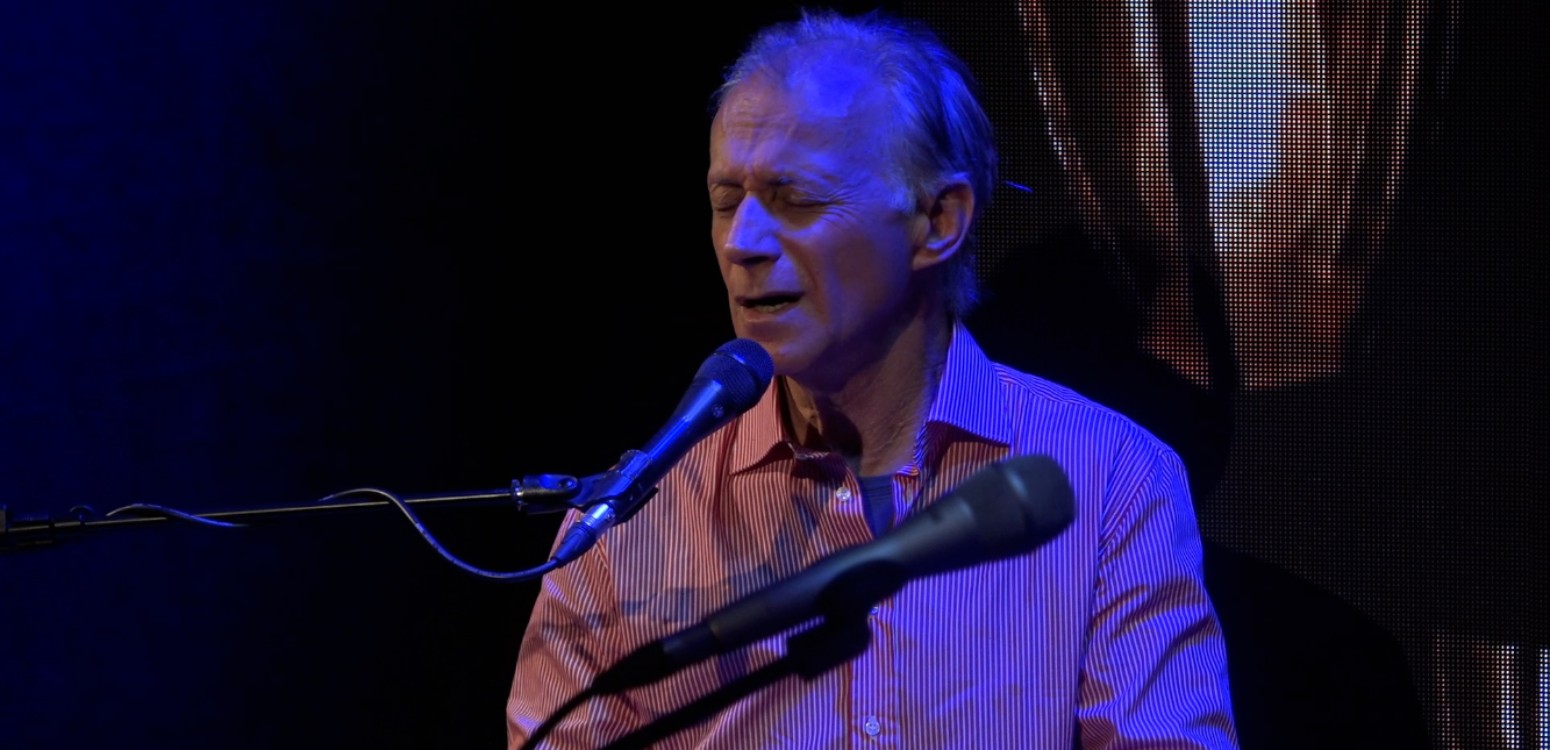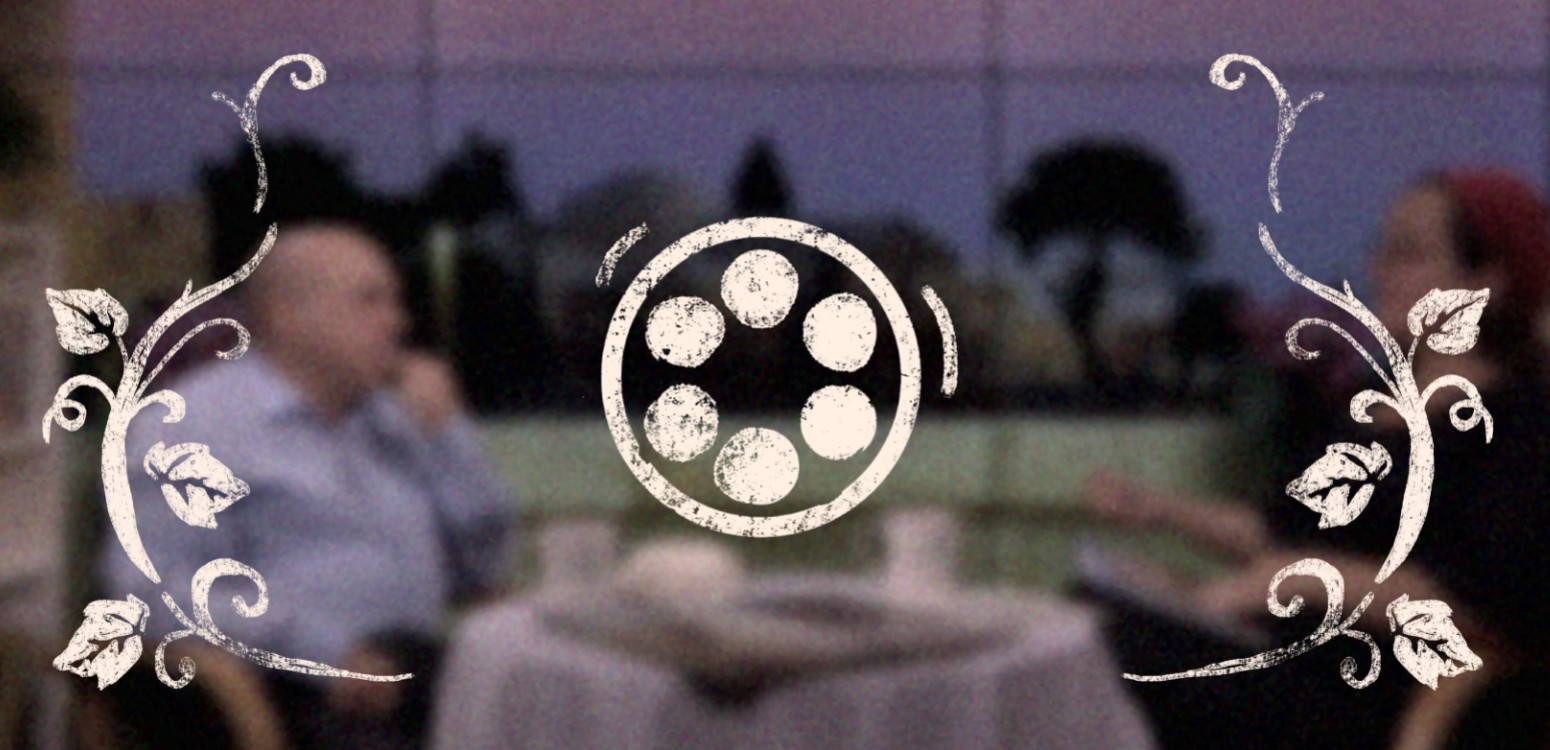
How can we feel the other’s pain and reach a state where we cannot rest until we succeed in helping them?
We like to think of ourselves as compassionate creatures. We hear, see or read horrible stories on the News on a daily basis and are constantly exposed to the pain of others. But how do we “decide” whose pain to feel, and what to do about it? How does this actually work?
“You shall not wrong or oppress a stranger, for you were strangers in the land of Egypt” (Exodus 22:20)
“You shall not oppress a stranger, for you know the feelings of the stranger, having yourselves been strangers in the land of Egypt” (Exodus 23:9)
What does that have to do with anything? If we had not been strangers in Egypt, would it then have been permissible to trample and abuse others? The reasoning behind these verses seems strange. However, to decode them, we must first think about how compassion works.
The trait of compassion is reward in itself
Samuel David Luzzatto (1800–1865), an Italian-Austrian Jewish scholar, poet, and theologian, known by the Hebrew acronym Shadal (שד"ל), wrote:
“The first foundation, the means specific for character improvement, is compassion. The trait of compassion was implanted in a man from the beginning of his creation, and it is the root of his love, his loving-kindness, and his uprightness. It is that alone which leads us to the doing of good not in order to receive reward, neither naturally or unnaturally, neither in this world or in the world to come. For the trait of compassion is reward in itself. For the compassionate one suffers in the suffering of his friend and is not at peace until his friend's break is bound and his wound is healed.” (Shadal, “The Foundations of the Torah”, section 5)
The power of imagination
How can I feel the other’s pain and reach a state where I cannot rest until I succeed in helping them? American conceptual artist and Kantian philosopher Adrian Piper maintained that there are three stages that create compassion: cognitive, emotional, and conative (voluntary). At the cognitive stage, I seek to understand empathetically the state of the other, to succeed in grasping what they are going through. At the emotional stage, I seek to feel part of their suffering. Piper suggests that we can achieve this through imagining their situation. The power of imagination can bring us from intellectual understanding of something we didn’t experience to an inner sensation of a bit of that experience. At the voluntary stage, I actually change my initial position from a neutral stance to engagement in action.
The compassionate person does not judge the other, does not educate them, and does not explain to them the source of their suffering. The compassionate person simply is by their side. However, this is much more difficult to do when the person we are trying to feel compassion for is a stranger.
The automatic stance toward strangers, toward people who are foreign or different, is usually one of judgement and alienation. Their customs and culture are different, their ways of conducting themselves seem to us outdated, primitive; it’s almost impossible to identify with strangers and be with them.
Remembering what it was like to be a foreigner
And this brings us back to the verses we read and their reasoning. The national memory of Egyptian slavery is meant to help us understand the situation of one who finds themselves in a foreign land, and have compassion for them. This is one of the keys to understanding the Torah: a nation that began as a family of foreign workers seeking food and employment in Egypt, a people whose beginning was in slavery and foreignness, will be committed all its days to deep concern for the slave, the stranger, the weak, the foreigner. This is why many commandments in the Torah end with the words “for you were strangers in the land of Egypt.”
It's only natural
American feminist, ethicist, and psychologist Carol Gilligan, on the other hand, suggested that we can also look at the ability to be compassionate from an opposite perspective. Compassion toward the situation of others is the natural thing that requires no effort, but we lose it along the way. Something in education and culture and society erodes the natural ability to care. Gilligan, one of the central thinkers on the concept of caring, relates that when women who saved Jews from the Nazis at risk to their own lives were asked why they did it, they replied that they just did what was human to do, what was natural.
“Instead of asking how we develop caring and the ability for mutual understanding, how we learn to see things from the other side’s point of view or overcome our selfishness, these women urge us to ask questions like: How do we lose the ability to care? What prevents us from showing empathy to others?” (Carol Gilligan, “Joining the Resistance”).
Whatever the mechanism behind the concept of compassion is, let us not forget that we too were once downtrodden. And it is not impossible that we will find ourselves in this position again during the course of our lives. So, even if compassion does not always come naturally, this fact should serve as a reminder to see the other, the stranger, and to care for them.
Lior Tal Sadeh is an educator, writer, and author of “What Is Above, What Is Below” (Carmel, 2022). He hosts the daily “Source of Inspiration” podcast, produced by Beit Avi Chai.
For more insights into Parashat Mishpatim, listen to “Source of Inspiration”
Translation of most Hebrew texts sourced from Sefaria.org
Main Photo:Envato Element\ by crazyphotography
Also at Beit Avi Chai





















